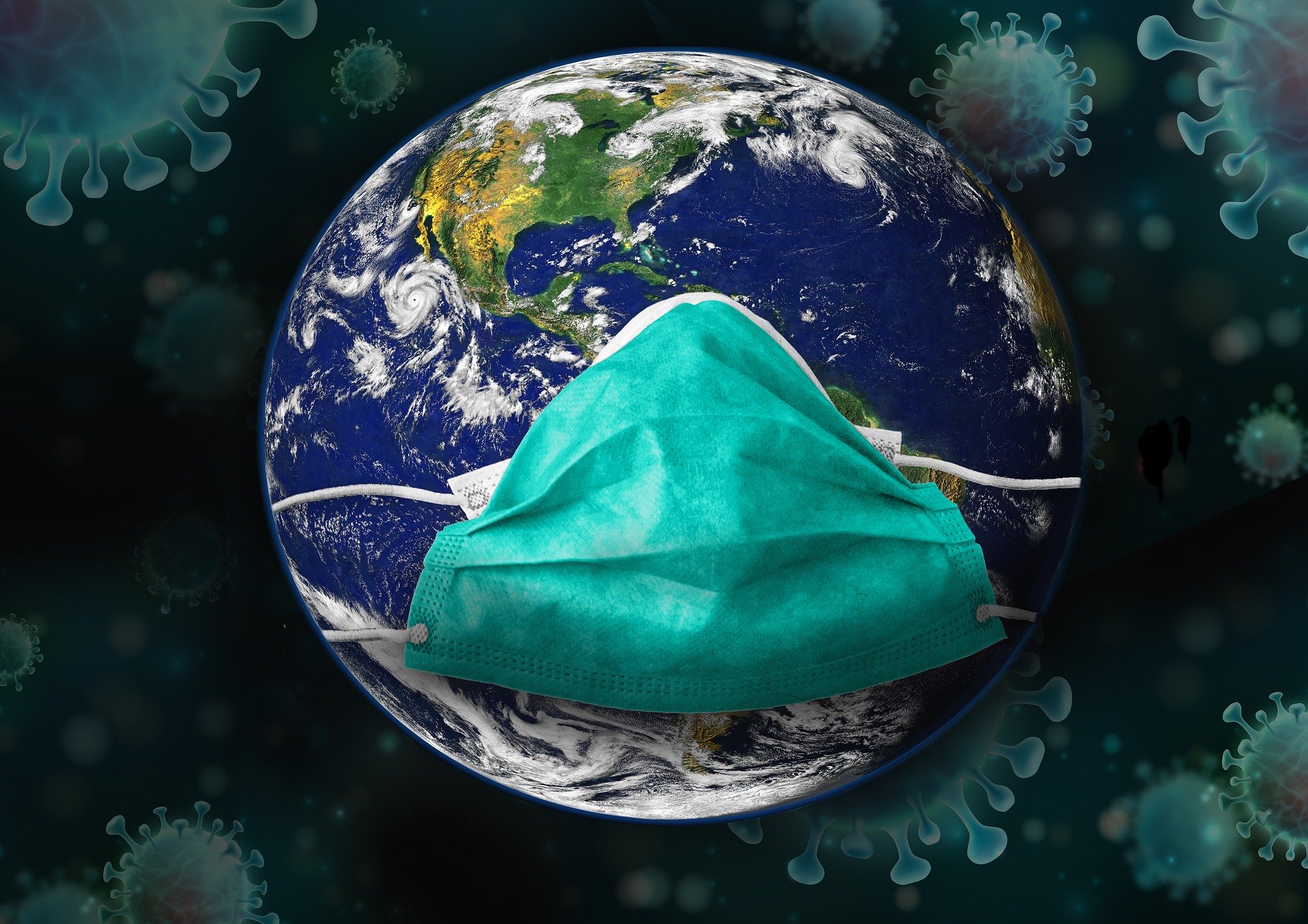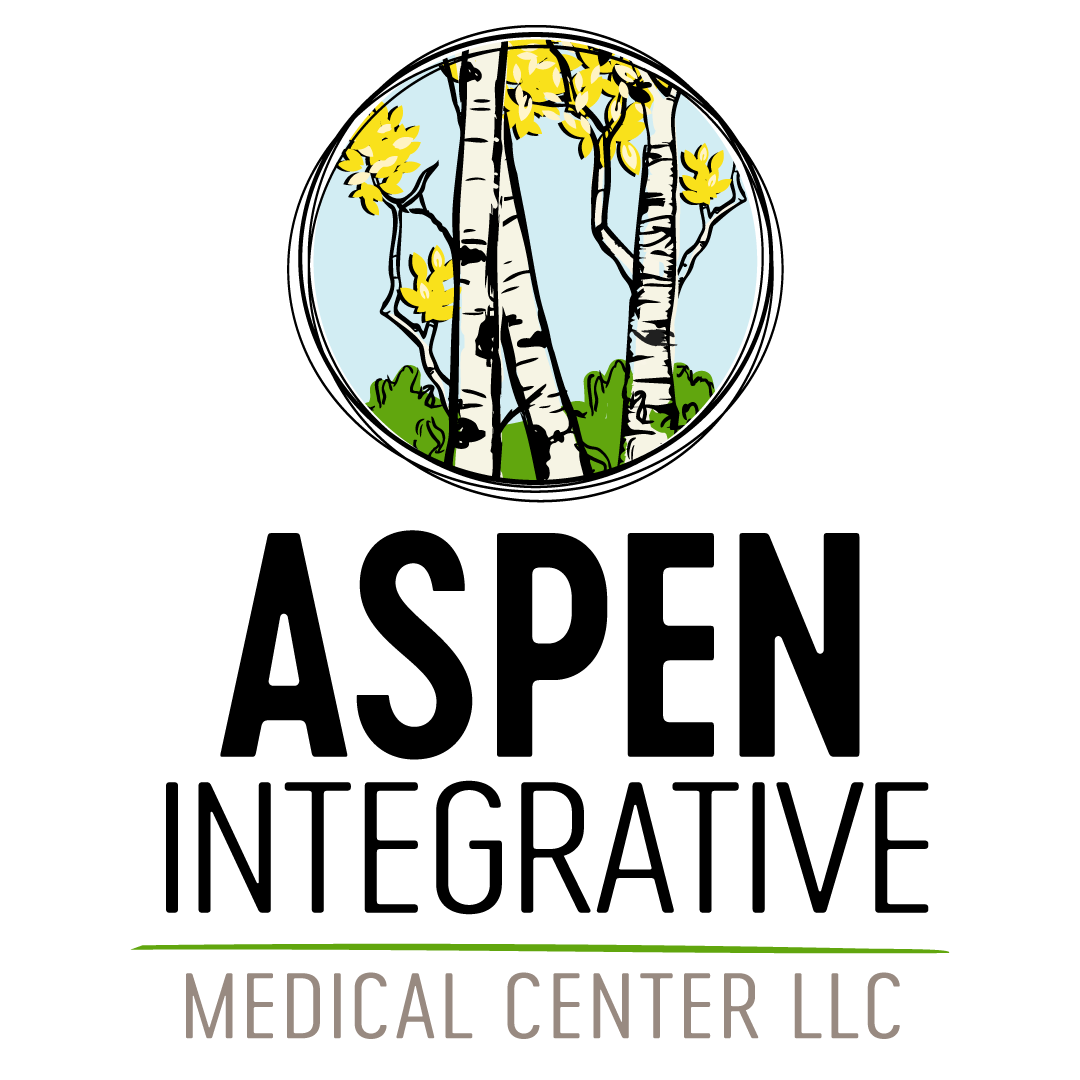
Immune Readiness in the Time of COVID
We are all on a journey unlike any we have experienced before. Now that we have more time and, perhaps, motivation to contemplate life, many questions come to mind about our health, our family, our connection to humankind, the way we spend our time and energy, who and what are most important to us.
One particularly useful question is, “How good can we make this time?” Our “success” in facing any challenge relies on our approach to it. Without making light of all the suffering in the world right now, we can all acknowledge that we make choices, each day, about how we handle what is in front of us. I learned this lesson well, working as an HIV physician at the height of the global AIDS epidemic. I saw grace and dignity in the face of fear and tragedy like I may never experience again in my life. It changed me.
With our careers and lives upended, many of us have a different kind of control over what and how we work. Right now, there are other ways we can “go to work.” We can use this time to take care of our body, quiet our mind, love one another and find joy. Immune readiness and truly taking care of ourselves are all of these things. Preventative measures are our first line of defense.
TAKE CARE OF YOUR BODY
Five things to remember:
1) Hydrate.
2) You are what you eat.
3) You are made to move.
4) Sleep is essential.
5) Supplements help.
HYDRATE:
Hydration is necessary for energy, detoxification, optimal organ and immune function and mental clarity. We can hydrate medicinally by consuming liquids with immune boosting effects. Bone broth enriched with garlic, onions, herbs; freshly juiced vegetables and fruits; or teas rich in polyphenols and antioxidants alkalinize the body and improve immunity with their nutritional punch.
You are what you eat:
Cell structure and function are determined by what we eat. It is that simple. Adopt an alkalinizing, plant-based, whole-food diet with clean-source organic protein and abundant healthy fats. For most people, a paleo or paleo-like diet which eliminates inflammatory grains, processed foods, sugar and dairy is the best foundation for optimal health. When you are planning a meal, think about your veggies first, then build from there.
Phytochemicals are the medicine in fruits and vegetables that can repair DNA, decrease inflammation, prevent cancers and bolster immune function. Amino acids are the building blocks of proteins and the primary fuel for immune cells. Cell membranes are composed of the dietary fats we consume. Healthy fats equal healthy cell function. Bad fats compromise it.
Think of your food as medicine. You can supplement a healthy diet with potent immune boosting foods such as garlic (antiviral), ginger and turmeric (antioxidant-containing, anti-inflammatories), tea and dark chocolate (rich in immune cell activating polyphenols), and fermented foods like sauerkraut, miso, kombucha and apple cider vinegar (alkalinizing foods that positively influence immune function via the gut microbiome).
You are made to move:
Exercise is necessary medicine for your body, mind and spirit. It helps improve immune function in several ways. To name just a few: deep breathing improves pulmonary function and resistance to infection; exercise increases circulation of antibodies that fight infection; the rise in body temperature during and after exercise can help kill circulating viruses and bacteria; exercise also dampens the release of stress hormones associated with a higher risk of infection.
Sleep is essential:
During sleep, our body releases protein cell-messengers, which rally the immune system to fight infection. Sleep deprivation increases cortisol, pro-inflammatory cytokines and increases risk of disease – both physical and mental. Good news! Short morning and/or afternoon naps can boost immune function and offset nighttime sleep deprivation.
Supplements help:
Nutritional supplements provide essential and powerful immune support. Vitamins A, C and D are of particular importance in fighting viral infections. While NAC thins mucus and is the building block for the body’s most important antioxidant, Zinc inhibits viral replication and reduces mortality in severe pneumonia and Selenium fires up the body’s initial immune response to infection. Probiotics, through their influence on the gut microbiome, regulate both arms of our immune response to any infection.
Botanical (plant) medicines influence immunity through several different mechanisms. While some increase our initial response to infection via the activation of Natural Killer (NK) cells, others influence the production of antibodies or have direct viral inhibiting effects. Elderberry, Reishi, Tulsi (Holy Basil), Echinacea, Resveretrol, Nettles and Quercetin are some of the most useful botanicals when rallying the immune system to tackle viruses like the coronavirus.
Other helpful forms of immune support are using a netipot to clear the nasal passages and sinuses, especially after any potential viral contact (for health care workers and others on the frontlines, I feel this is essential); diffusing anti-microbial essential oils such as tea tree, lavender and thyme; and the practice of relaxing.
QUIET YOUR MIND
Meditation, in all its forms, can increase brain volume, reduce depression and anxiety, and improve immunity. Meditation is more than prayer or sitting still. Living mindfully and intentionally are forms of meditation as well. Focusing your thoughts and activity quiets the mind, reduces stress and allows for peace and greater vitality. “Living meditation,” like reading, journaling or writing letters, purging and organizing, as well as growing things and investing time in food preparation, can be productive, not just for the peace-
inducing effects they have on the mind, but in terms of actually getting things done.
Other centering activities such as Hygge, the Danish word that describes creating a mood of coziness and contentment, and attending to your own spiritual practice can create comfort and ease stress in times of loneliness, discontent, fear or worry. Seek still and beautiful spaces out on a hiking trail, in your neighborhood or in your own backyard that allow you to feel at peace. Breathe deeply and breathe them in.
Love One Another:
We are hard-wired for connection. Actual and perceived isolation are both associated with increased risk for early mortality comparable to factors such as smoking and obesity. Our health and longevity are dependent on our feelings of love and belonging. If you are not “feeling the love,” please reach out and try to create some – and don’t forget to ask for what you need. Social distancing does not mean social isolation. This could be the most meaningfully connected time of your life.
Love is what’s real. Every other experience arises as a reaction. Anger, fear and worry are all reactions to discomfort and uncertainty – they are disconnections from love. Joy and compassion are expressions of love. As much as possible, dive in.
There are countless ways to love: random acts of kindness, four-legged friends, honesty, tenderness, listening, forgiveness and giving someone the gift of your time.
Find Joy in Everyday Things:
Last, but not least, joy is the rocket fuel of our souls. It is not hard to access, especially when we give attention to the everyday sources of it. Make sure you spend time in nature each day. There may never be a better time to take walks, plant flowers or a garden. These are safe and joyful spaces. Connect with friends and loved ones with whom it is not always convenient to connect. More people than ever are available to answer their phones! Share your breakfast or morning walk with a phone friend. This warmth can get you through the day. Make time to develop a new skill or hobby; indulge in sensual pleasures like music and art, or any creative process. Above all, practice gratitude for all that you have and the life you have lived so far.

By: Kären van Der Veer, ND
Written for Flagstaff Business News




